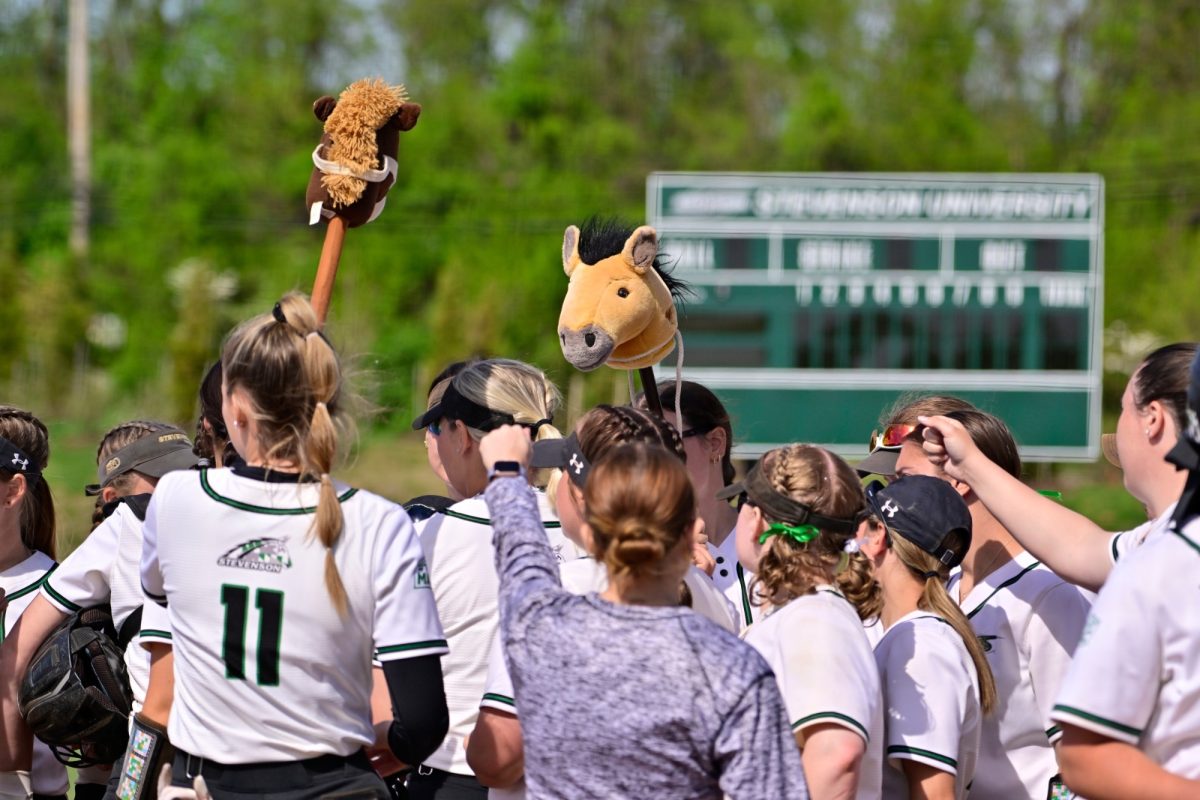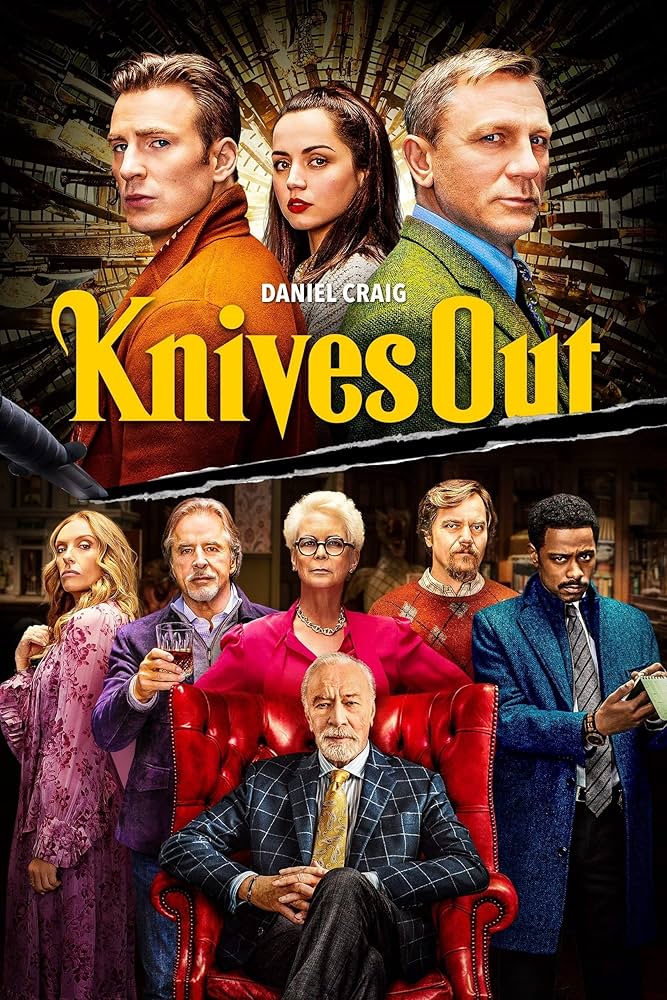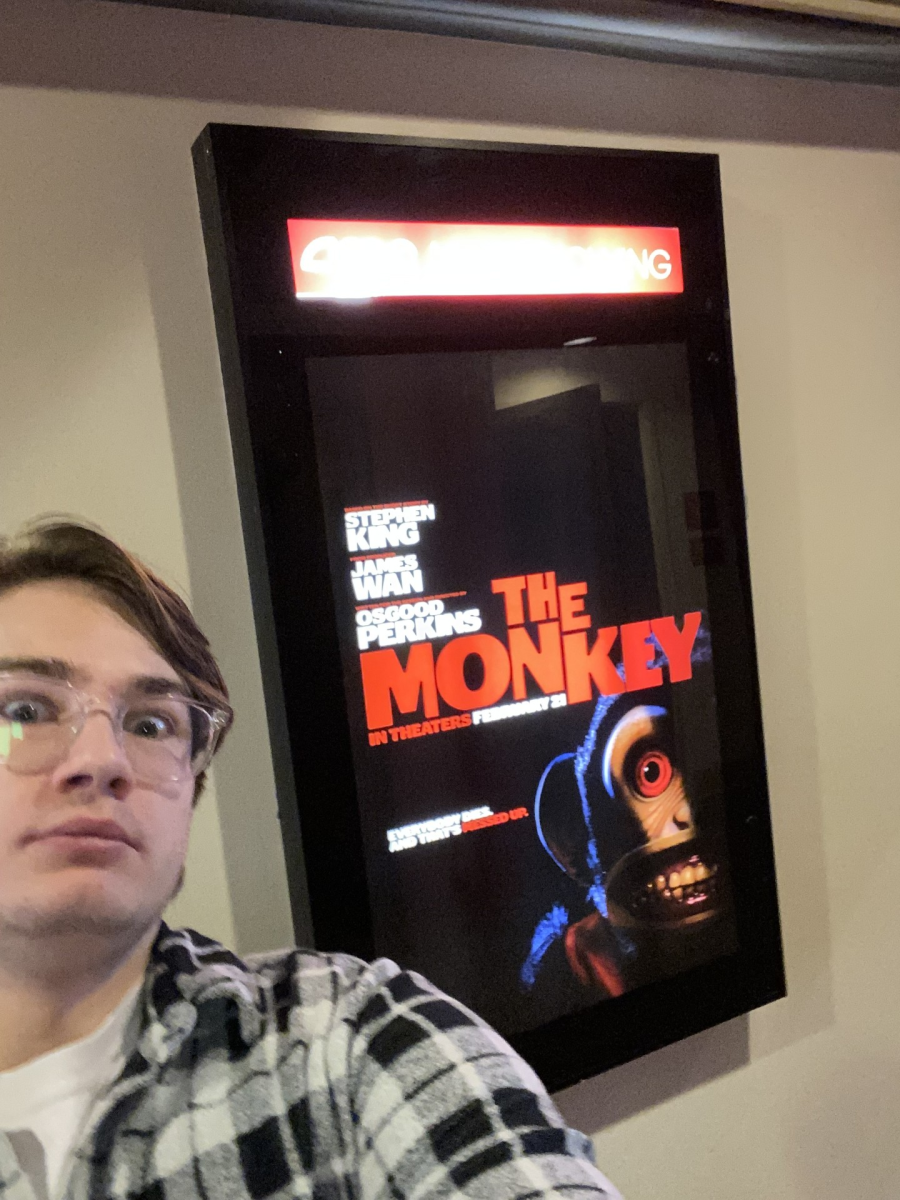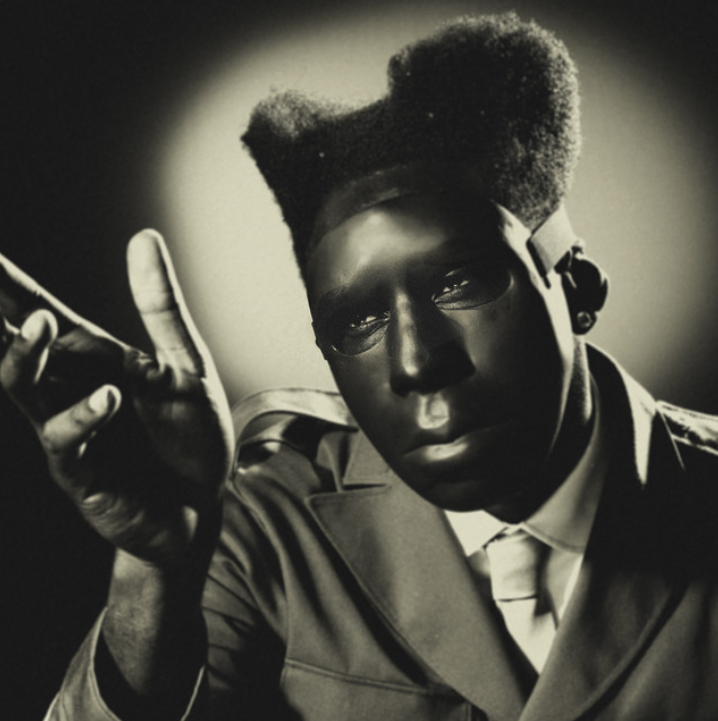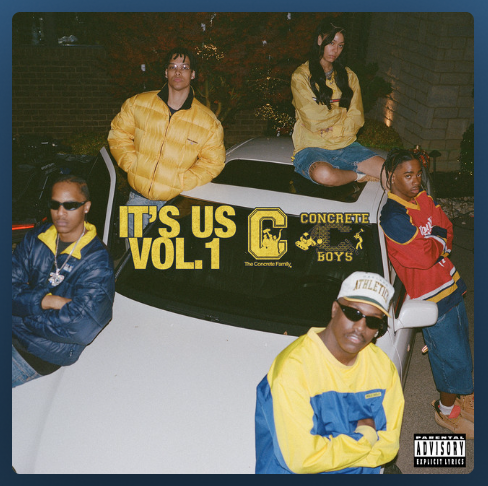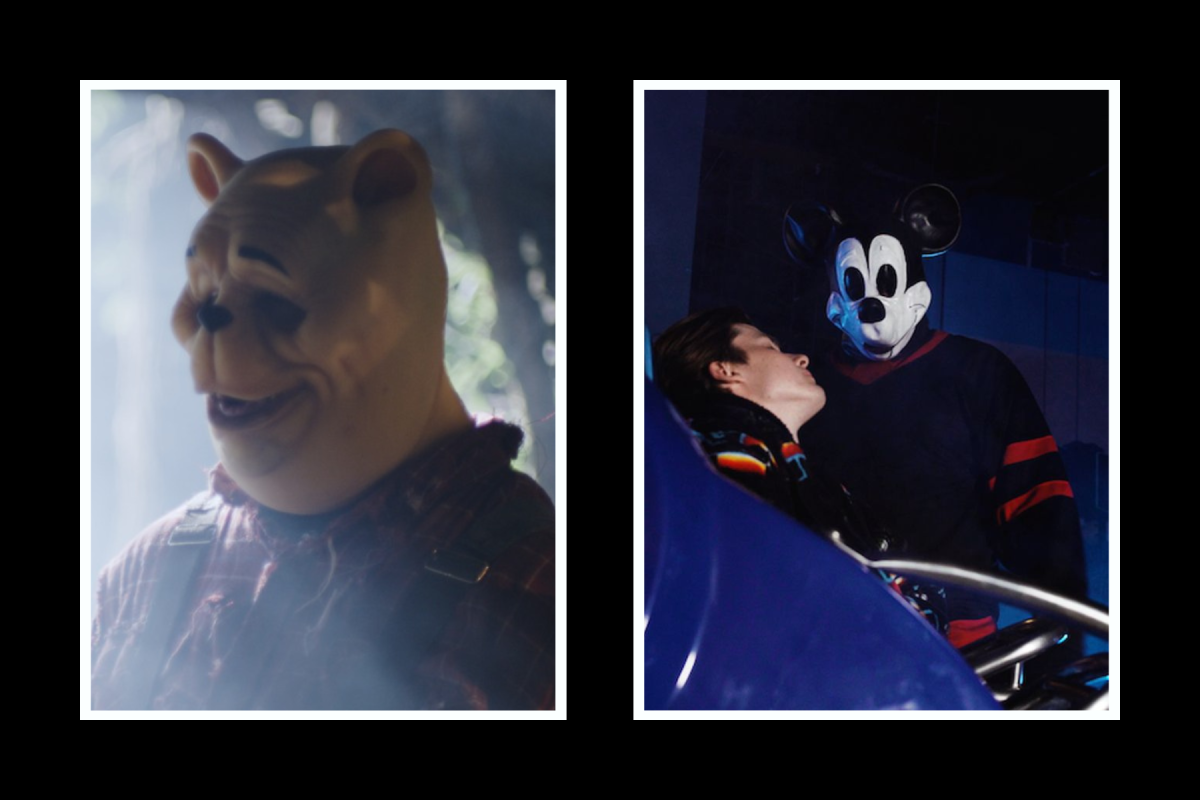Picture this: you’re a medical practitioner working privately for an old, wealthy man. You look after him, administer his medication and diligently ensure his health day in and day out. He has taken a liking to you and so have the rest of his relatives—they’re like a second family to you. But one day, he meets his untimely demise, and the arrival of an esteemed detective solidifies your suspicions that his death wasn’t natural.
“Knives Out” is a thrilling whodunit movie that is easily one of my favorite movies of all time. While I’m not usually a huge fan of mystery stories, the clever twists and layers in this movie kept me on the edge of my seat until the very end.
The plot centers on the death of Harlan Thrombey (played by Christopher Plummer), a famous crime novelist. The circumstances surrounding his passing are nothing short of mysterious, especially when the subject of his inheritance has begun to inspire discourse within his dysfunctional family. To further add to the stakes, an equally renowned detective by the name of Benoit Blanc (played by Daniel Craig) has been summoned to the Thrombey estate under suspicion of foul play.
The movie opens with Harlan’s maid, Fran (played by Edi Patterson) discovering him lifeless in his study, slashed across the throat. The scene then shifts to an interrogation, where we are introduced to each member of the Thrombey family.
Through a combination of flashbacks and personal testimonies, we gradually learn about the events leading up to Harlan’s death. These glimpses into the family’s interactions reveal not only the circumstances surrounding the incident but also expose the selfish motivations and hidden tensions within the family.
This scene is probably one of my favorites in the movie. While it goes on for quite some time, it effectively sets up the key details of the murder while also highlighting the significance of each family member to the overall plot. By giving equal attention to everyone, the scene creates an impression that all the family members are equally suspicious, which cleverly misdirects the audience from the very beginning.
Rather than following the usual “innocent until proven guilty” approach, the film flips this on its head, presenting each character as guilty at first. Only later, as the story unfolds, does the evidence shift to reveal their innocence.
The standout character among the uncertainty is Marta Cabrera (played by Ana de Armas), Harlan’s nurse, and the only person close to him that isn’t a blood relative. Marta’s humility drastically sets her apart from Harlan’s family. She takes great care to quietly play her part without getting enveloped in the family drama, much to Harlan’s delight.
The two shared a close bond that allowed them to exchange their true feelings about the family. However, with the tension rising in the wake of his death and deception commonly being used as a deflective tactic, Marta is at every disadvantage due to her regurgitative response to falsehood—lying makes her throw up.
But she has nothing to hide…right?
When her turn comes to be interrogated by Blanc, we get a beautiful transition from a coin flip that puts us in Marta’s shoes the night Harlan died.
After the chaos of his 85th birthday party began to die down, Marta escorts him upstairs to his room. As they settle in, they share a long exchange of playful, witty banter, during which Harlan expresses his frustrations with the rest of the family. At one point, Marta administers an intravenous painkiller to Harlan, but when she later prepares to give him a small dose of morphine to carry him to sleep, she realizes too late that she accidentally swapped the medications. Instead of the intended mild sedative, she inadvertently injected him with a lethal dose of the morphine.
Marta begins to panic, but Harlan’s familial love for his nurse stirs up a plan for her to evade legal prosecution. He relays the plan to her, and as a final insurance, he slits his own throat.
The evolution of the exchange between Marta and Harlan tugs greatly at the heartstrings. At this point, we have already seen the disparity between how Harlan views his family versus how he views his nurse, and his decision to take his own life to protect Marta so quickly and so unconditionally truly shows the breadth of his character.
The acting for this scene compliments this—the sheer terror coupled with the craftiness of an old mystery writer isn’t something I’ve ever seen before in a story, yet it was expertly written and acted out. It can never be questioned that these two care for each other, but the way in which they express it remains true to their characters despite the differences.
From this point onwards, the story sides with Marta and details her attempts to clear her name. Along the way, she becomes acquainted with Ransom Drysdale (played by Chris Evans), Harlan’s grandson.
Ransom is essentially a cold, calculating jerk that only associates with his family if he benefits from it. From the moment we are introduced to him, all sorts of alarm bells are ringing, but we never seem to get concrete evidence that he had anything to do with Harlan’s death. However, despite his abhorrent treatment of his family, he is quick to help Marta, and the rest of the movie follows them as a pair trying to evade the ripples cast by Blanc as he digs deeper into the case.
The dichotomy of Ransom’s behavior was extraordinarily well done. Up until this point, I have only ever seen Chris Evans in the Marvel movies, where his character is the picture-perfect representation of the lawful good alignment. Seeing Evans play the role of a selfish asshole (pardon my French) for the first time was a massive challenge to my brain.
Even still, Evans played the part so incredibly well, and I’d say that this stark contrast was an indirect contribution to the depth of his character. To this day, five years after the movie’s release, I still get chills whenever I see that sly son-of-a-biscuit step onscreen for the first time.
I’ll refrain from discussing too much more of the plot, mostly because the big reveal at the end was something you would never expect, and I refuse to spoil the best part.
The movie’s twists and turns are so well-choreographed and so well-written. Marta’s character arc is both satisfying and humorous. The story is a bit dense in some places, but Blanc spends a good amount of time at the end to provide a Scooby-Doo-quality explanation of the whole ordeal to show how each little piece fits into the equation. I’ve seen this movie more than a dozen times, and each time I watch it, even though I know how it ends, I still spot new details that contribute even more to the film’s quality.
There are so many outstanding elements of the film that make it a truly fascinating watch, like the cinematography and the dialogue between each of the characters. For anyone looking for a good mystery/thriller movie over Thanksgiving break (or in your free time, too), I would highly recommend “Knives Out.”
It has a sequel, as well, and though I personally think the first one is way better, you can explore more about Benoit Blanc’s character in a different situation. A third movie is also in the works.
























